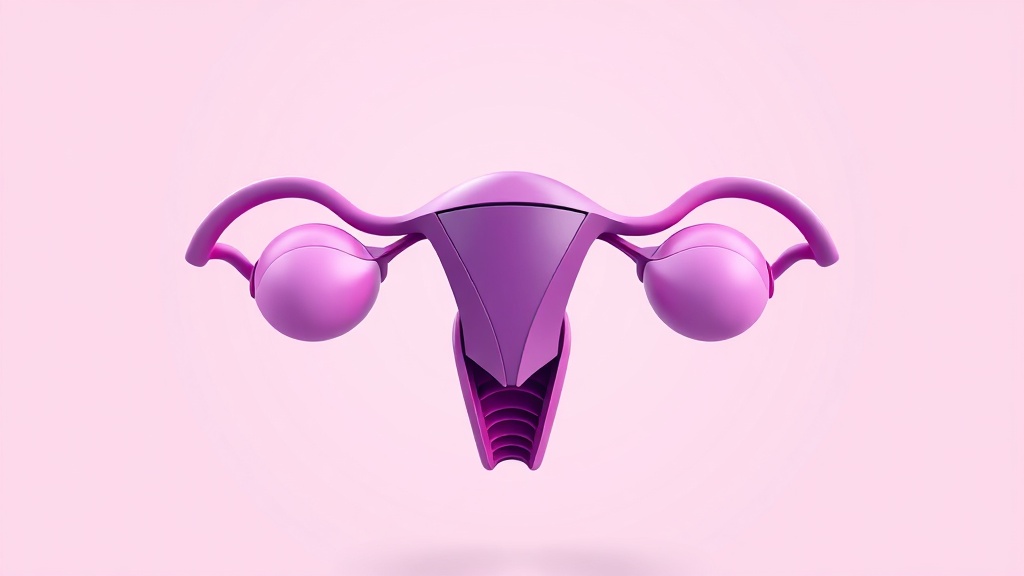Home / Health / Neurosurgeon Shares Practical Tips to Safeguard Menopausal Women's Brain Health
Neurosurgeon Shares Practical Tips to Safeguard Menopausal Women's Brain Health
13 Nov
Summary
- Declining oestrogen levels during menopause can contribute to cognitive decline
- Oestrogen plays a crucial role in regulating blood flow, reducing inflammation, and protecting brain cells
- Lifestyle adjustments can help manage oestrogen-related cognitive risks after menopause

On October 20, 2025, a neurosurgeon at the Michigan Neurosurgery Institute, Dr. Jay Jagannathan, brought attention to the often-overlooked neurological changes women face during menopause. In an Instagram video, Dr. Jagannathan explained how declining oestrogen levels during this stage can contribute to cognitive decline, and offered practical tips to reduce the risks.
The neurosurgeon discussed the crucial role of oestrogen in cognitive function, stating that it acts as a "neuroprotective shield," helping regulate blood flow, reduce inflammation, and protect brain cells from stress. When oestrogen levels drop during menopause, this protective effect weakens, leading to an increased likelihood of issues like memory loss, difficulty concentrating, and an elevated risk of dementia.
According to Dr. Jagannathan, the decline in oestrogen plays a major role in raising cognitive health risks for women after menopause. However, he noted that while oestrogen-related cognitive decline is a biological repercussion of this stage, it can be managed effectively with a few simple lifestyle adjustments.




